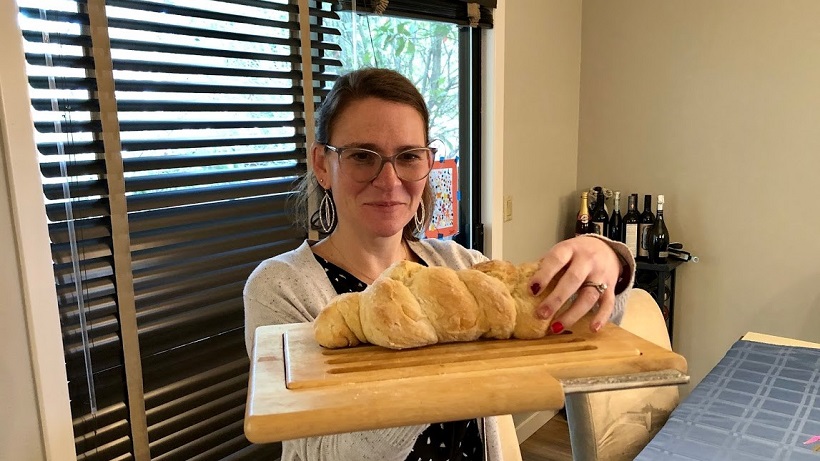It seems like every conversation with my children includes me reminding them to say “please” or “thank you” in some context. From their first moments on earth, we have tried to teach our children gratitude and manners, modeling by saying “please” and “thank you” ourselves as often as we possibly could to instill in them this very important part of what it means to be a kind human. While it may not be the most significant act of social kindness, there is at least a small measure of compassion that’s transferred from person to person every time you engage in polite exchanges like this. Someone holds the door open for me? I say “thank you” with a smile. I need something on a taller shelf and someone notices my struggle and offers to help? “Thank you.” When we use these words, we are acknowledging the humanity in one another. We are expressing gratitude for the gift of partnership. And I would argue that to walk through the world without this is to steal that gift.

The Torah reminds us of this sentiment as we read Parshat Mishpatim. The Israelites are on their way out of Egypt to Israel. As we read last week, they have begun to set up their own system of laws and rules, and interpersonal relationships make up the core of the laws set forth in this section of text. After first establishing a basic framework to guide our lives, the Torah then turns toward how we treat one another personally and professionally.
As the laws are being laid out, we encounter an odd situation in which an angel or messenger of God comes to greet the Israelite nation. During this encounter God describes what will happen: “You shall serve the Lord your God, and you will bless your bread and your water.” It is from this verse that the Babylonian Talmud understands that we are to bless our food before we eat it. This is the “please” so to speak. And of course we have the “thank you” food blessing afterward. The sages go so far as to say that anyone who enjoys the goods of this world without thanking God for them is like a thief.
When we take food or accept kindness from others, the Torah warns us not to take for granted the work that went into that one action. When we forget the common decency of manners, we “steal” the opportunity to recognize the good in each other and in God. When we stop acknowledging the gifts we’re given, we might start to think these things are owed to us, that they are automatic. Parshat Mishpatim teaches us that building a society based on manners means recognizing the kindness in others. When we do this, we are creating the world that God hoped we would be living in.
– Rabbi Eve Posen



